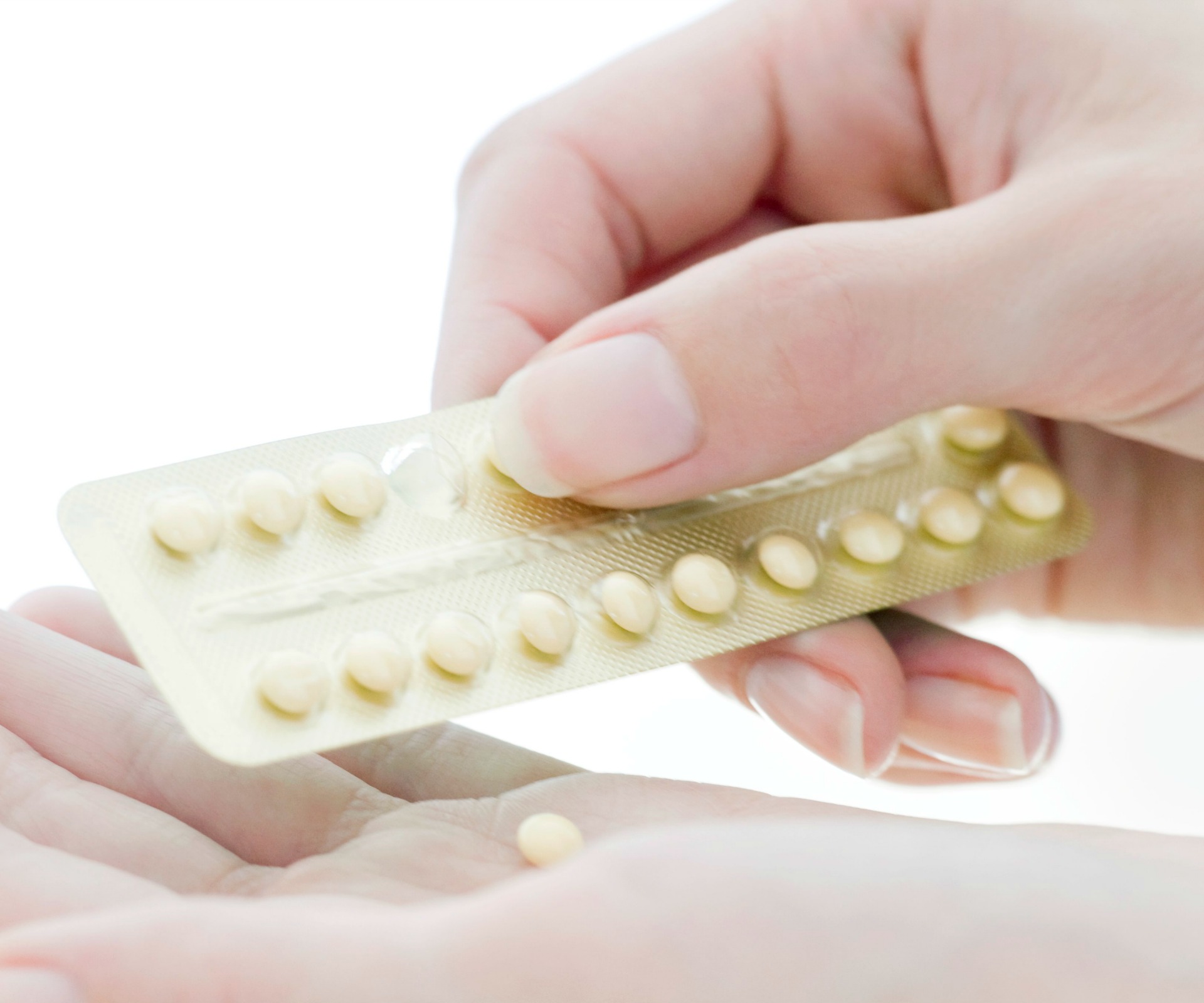A revolutionary new trial involving male contraceptive injections has been abandoned after 6 per cent of participants noted side effects, which included mood swings, weight loss or gain, muscular pain, acne, depression and heightened levels of libido.
Throughout the course of over a year, 320 healthy men underwent bi-monthly injections of both progesterone, to block sperm production by acting on the pituitary gland in the brain, and testosterone to counterbalance the resulting reduction in male hormones.
From the results, researchers were able to determine that the jabs proved 96 per cent effective – almost as effective as the current pill for women – with only four couples out of the 266 falling pregnant.
Despite the groundbreaking results that led three out of four men to say that would be willing to continue the treatment, the entire trial has been cancelled. This is because 20 participants pulled out as a result of the same side effects that most women have experienced since the combined contraceptive pill was introduced in 1962.

Two thirds of Australian women aged 18 to 49 either use some method of temporary protection, or have a permanent contraceptive method.
Co-author Mario Festin, from the World Health Organisation, said in a press release: “The study found it is possible to have a hormonal contraceptive for men that reduces the risk of unplanned pregnancies in the partners of men who use it.”
“More research is needed to advance this concept to the point that it can be made widely available to men as a method of contraception.
“Although the injections were effective in reducing the rate of pregnancy, the combination of hormones needs to be studied more to consider a good balance between efficacy and safety.”
Echoing his sentiment was Chris Barratt, professor of reproductive medicine at the University of Dundee, who said: “This is high-quality research from a very experienced group of investigators – and as there has been no progress in male contraceptives for 40 plus years this is a very significant and welcome development.”
These latest injections aren’t expected to hit the market until at least 2018.


